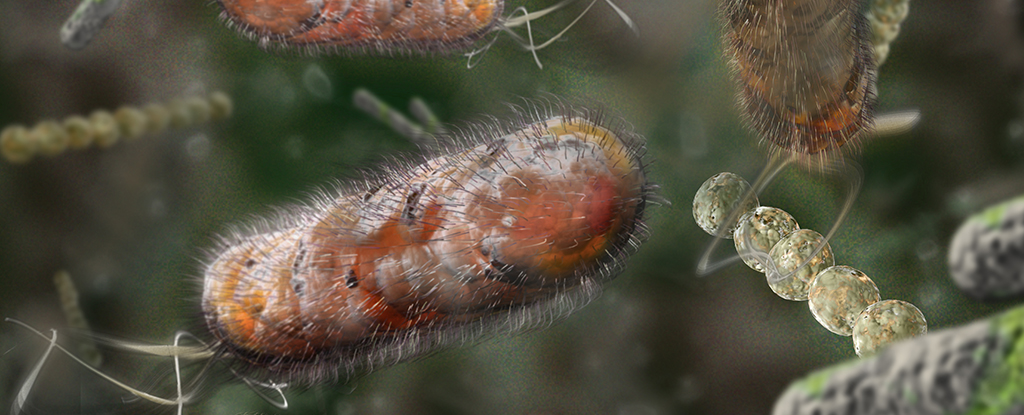and are two approaches to weight loss that have become increasingly popular in recent years, and new research suggests they could also contribute to a more diverse gut microbiome. have pointed to links between the bacteria in our gut and our tendency to put on weight. These latest findings give us more clues as to how our inner microbes might be managed to keep our bodies in shape.
The researchers behind this latest work (a study largely funded by nutrition supplement company Isagenix) say their findings will be useful for understanding how the gut microbiome adapts to changes in what and when we eat – which intermittent fasting and protein-pacing diets put limits on. "To maintain a stable community and ecosystem, the gut microbiome must regulate its growth rate and diversity in response to nutrient availability and population density," Alex Mohr, a microbiome researcher at Arizona State University, and colleagues . The study enrolled 41 overweight or obese volunteers, who ate either a healthy, calorie-restricted Mediterranean-style diet based on US dietary recommendations, or a combined intermittent fasting and protein-pacing (IF-P) diet for two months.

Compared to he IF-P diet At the end of eight weeks, stool samples showed those on the IF-P diet had a more diverse selection of microbiota compared to the other group. The effects varied by individual, but overall the IF-P diet group reported experiencing fewer . They also shed more visceral fat, the body fat most relevant .
















